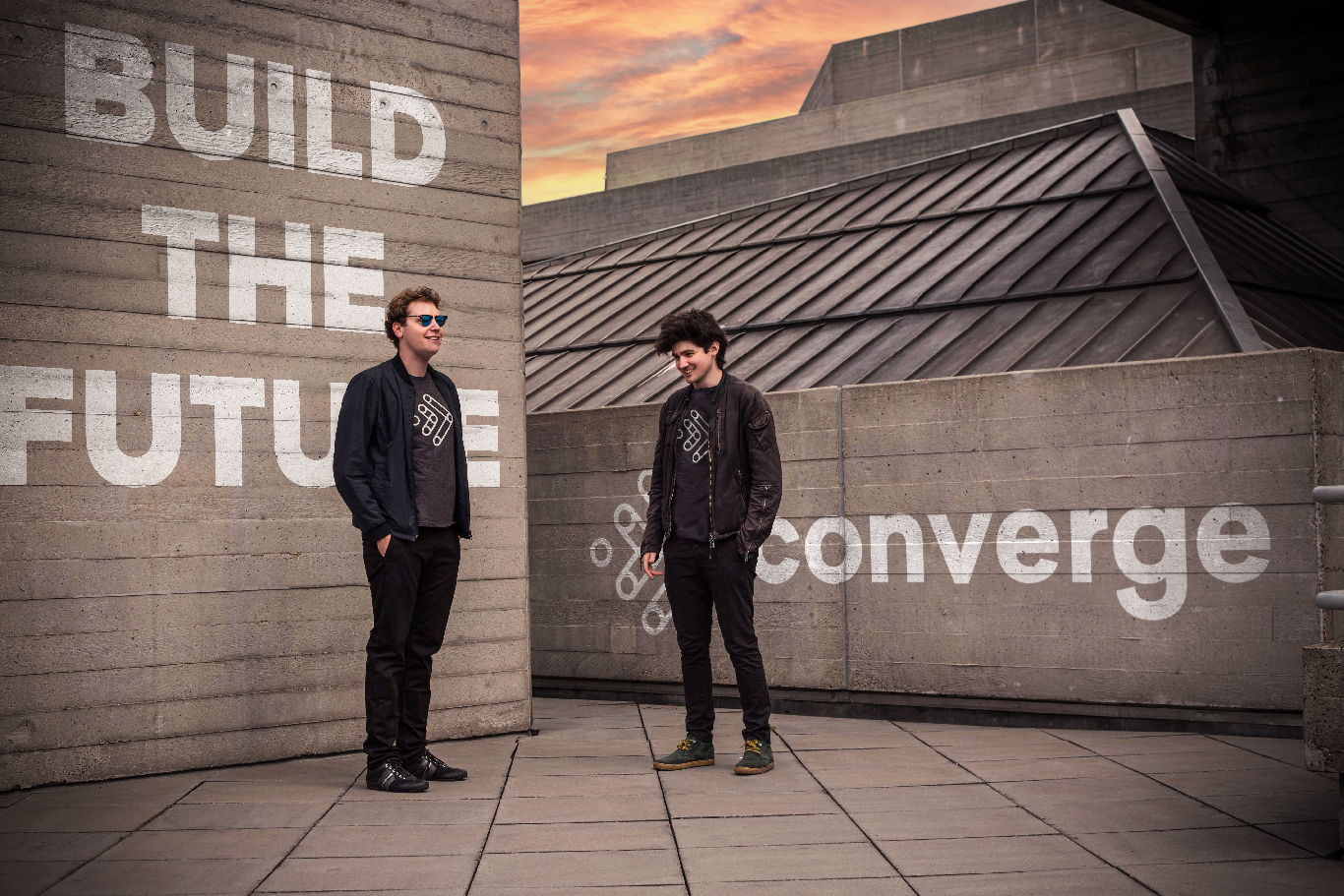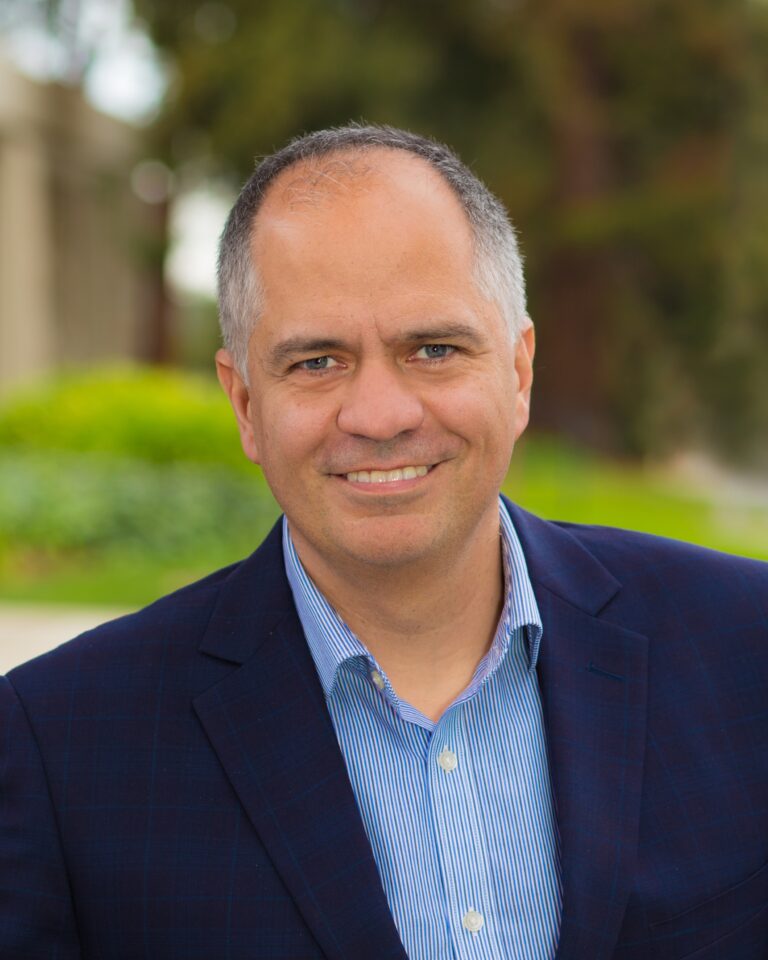News

The race heats up to become the next big innovation in $26bn rechargeable battery market
July 2, 2020

The global rechargeable battery market is expected to grow at a CAGR of approximately 7% over the next five years to $41bn. This growth is fuelled primarily by the increasing demand for electric vehicles and mobile devices, as well as the need to store energy, particularly from renewable sources, when supply outweighs demand. The most common type of rechargeable battery used is the lithium-ion battery, which can be found in nearly all personal devices and electric vehicles currently manufactured, because of its high energy density, low maintenance, and low self-discharge.
The lithium-ion battery market is highly competitive and there are a number of major players such as BYD and Samsung SDI. Notably, Panasonic, a global electric cell supplier headquartered in Japan, provides Tesla (valued at nearly $100 billion) with lithium-ion batteries. When the rechargeable battery market is viewed from this perspective, it may not seem as if there is much space for new players and start-ups. However, this is certainly not the case for the one reason that no current technology is perfect. There will always be a need for batteries which are smaller, cheaper, faster to charge, more environmentally-friendly and more energy-dense, and for this reason, any start-up which brings about an improvement in just one of these areas could have huge market potential.
The global market share of lithium-ion batteries has been dominated by Asia-Pacific companies in recent times. Additionally, India is expected to emerge as a regional hotspot for global lithium-ion battery players in line with its aspiration to achieve 100% electric vehicles sales by 2030. SUN Mobility, an Indian start-up incorporated in 2017, holds promise to become a major player in this region in the future, as they have taken an interesting route into the rechargeable batteries market. Their goal is to create a universal energy infrastructure network to accelerate the mass adoption of electric mobility. They are pioneering the use of an open-architecture ‘Smart Mobility’ model, which is deployable across multiple vehicle platforms. For example, their ‘Smart Batteries’ enable cheaper and longer-range electric buses to be manufactured and their ‘Quick Interchange Stations’ allow such buses to swap a depleted battery for a fully-charged one in just three minutes. They have also developed solutions for smaller vehicles as they look to increase the scalability of their technology.
Although ongoing innovations continue to drive up the accessibility and performance of lithium-ion batteries and drive down the price, there is, in fact, growing interest in finding alternative technologies. CCS Insight states, “There’s a sense that existing lithium-ion batteries and related charging technologies are reaching their limitations.” Thus, it’s clear that the development of entirely new types of energy storage offers an excellent opportunity to make an entry into the rechargeable battery market. One such company doing exactly this is Cambridge-based start-up Echion. The problem that they are tackling is that today’s batteries cannot offer a safe fast-charge while maintaining a high energy density. Their niobium-based anodes enable a unique combination of high energy-density and safety and can perform a full fast-charge in 6 minutes (5 times faster than standard lithium-ion cells).
There are in fact a myriad of companies each developing their own energy storage technologies. A Dutch start-up, AquaBattery, is creating the world’s cleanest energy storage solution using only water and salt. Their sustainable battery works by allowing brackish water to flow through a stack of membranes. Meanwhile, Samsung announced in 2017 the development of a ‘graphene ball’ which allows for five times faster-charging speeds than standard lithium-ion batteries. This all goes to show just how important innovation is, and that no matter how competitive an industry is, there are always routes into the market.
Written by Jasper Hersov
Jasper is a scholar at Eton College in the Lower Sixth Form. He particularly enjoys Maths, Physics, Biology and Computer Science, and is passionate about engineering and problem-solving.
- https://www.imarcgroup.com/rechargeable-battery-market
- https://www.ft.com/content/46adb98c-d8ef-11e7-9504-59efdb70e12f
- http://kinstarbattery.com/Service/faq/16
- https://www.prnewswire.com/news-releases/lithium-ion-battery-market-size-is-expected-to-reach-usd-896-521-30-million-by-2025–valuates-reports-301005839.html
- https://news.samsung.com/global/samsung-develops-battery-material-with-5x-faster-charging-speed



